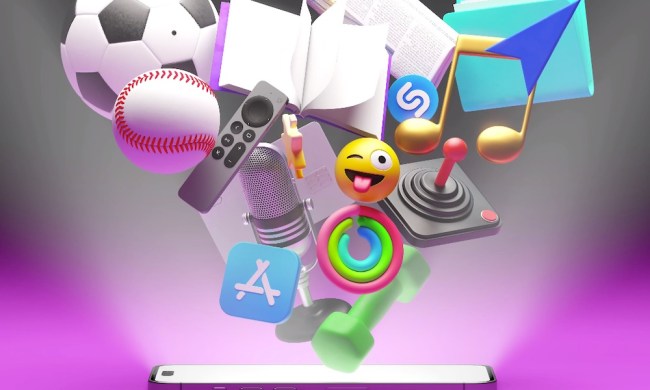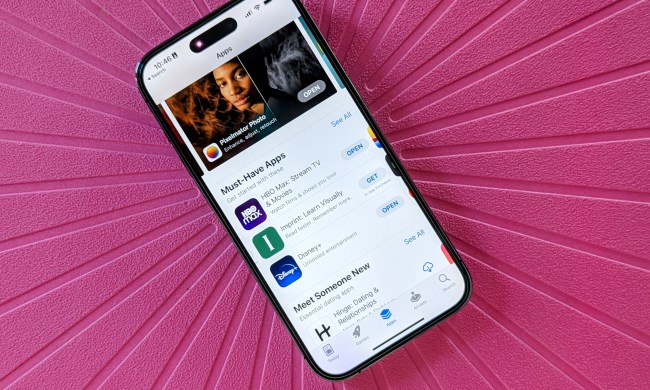
Companies like BuyAppStoreReviews, AppRebates, BestReviewApp, and others claim to offer five-star ratings or a week in the App Store’s Top 10, and they make a pretty penny doing so: some charge as many as $65,000 per week on average, according to Cult of Mac.
It’s an unscrupulous practice that has been the subject of Google’s enforcement efforts in the past, but now, the search giant is rolling out significant improvements to its detection mechanisms. On Monday, Google announced a new Play Store system that willl punish developers caught manipulating placement with fraudulent installs, fake reviews, and incentivized ratings.
The new system, which Google said is significantly more accurate than its predecessor, is also a lot more automated: it will automatically filter from view apps that have moved up the charts using fraudulent services. And it’s more proactive, too. Developers who are found to be repeatedly violating the Play Stores policies on rankings are subject to having their entire portfolio of apps removed.
It’s a hardline approach, Google said, but one motivated by a worthy mission: protecting the integrity of the wider Play Store community. Apps that top the charts with illicit services and tools harm apps that would otherwise rank higher, which by extension harms the consumers perusing them. Unwitting Play Store users are pointed in the direction of apps undeserving of a download, Google said.
“These attempts [to manipulate rankings] harm our community of developers by hindering their chances of being discovered or recommended through our systems,” Google’s Kazushi Nagayama and Andrew Ahn said in a blog post. “Ultimately, they put the end user at risk of making wrong decisions based on inaccurate, unauthentic information.”
The company suggested that developers employing the services of third-party marketing agencies ensure that their promotion is based on “legitimate practices” as defined by Google’s Developer Support Resources.
Manipulated app rankings aren’t just Google’s problem. Apple has struggled to maintain fairness in the App Store, which takes accumulated downloads, overall ratings, and page traffic into account in determining which apps feature in its Top Charts section. (The Play Store, by contrast, highlights personalized recommendations based on apps that users have installed in the past.)
A viral image last year depicted Apple’s dilemma: Chinese workers manually installing, rating, reviewing, and uninstalling apps in front of hundreds of iPhones. In 2012, Apple announced a widespread crackdown on developers using deceptive marketing tactics to promote their apps on the App Store. And according to TechCrunch, Apple regularly takes action to remove ratings associated with “fraud or manipulation.”


